
Established in 1926, the UPSC (Union Public Service Commission) is the primary central recruiting agency for public government servants in India. Given its importance, the agency is extremely strict and rigid in terms of rules and requirements. Those who apply for it need proper training and education. Now, what are the best economics books for UPSC and how can they help you get in there?
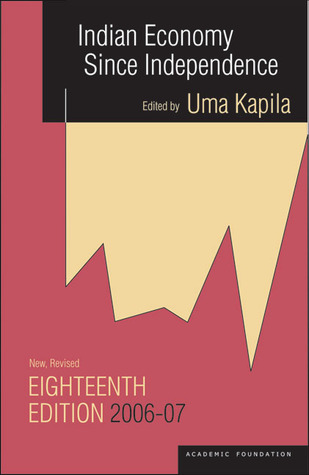
Indian Economy Since Independence, by Uma Kapila
This is not the type of book you read in a few days or a week. Instead, it will easily take more than a week. Even when done with it, it makes a good manual for further references if you actually manage to join the UPSC.
The book is practically a comprehensive collection of articles. Each article is an original reading, yet the author has also added various editorial notes to help the reader understand certain meanings and explanations.
Altogether, these articles come as a deep, detailed and critical analysis for the Indian economy. The articles cover the struggles and successful peaks of the Indian economy since the country became independent – 1947.
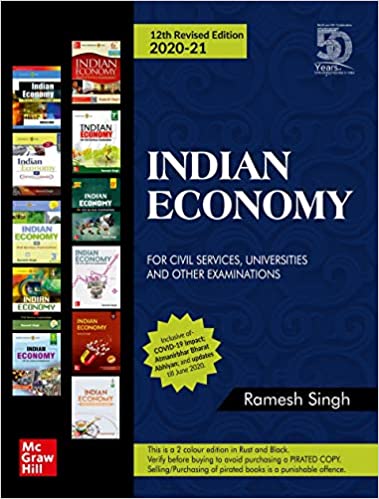
Indian Economy for Civil Services, Universities and Other Examinations, by Ramesh Singh
This is another comprehensive guide on the Indian economy – revised more times overtime. It is one of the top recommendations for the UPSC and one of the most detailed and best economics books for UPSC.
The author is an expert in this field. As for the book, it is based on the UPSC syllabus throughout the examination. It has both basic concepts and more overwhelming considerations – everything updated to the latest standards.
There are original documents included – including recent documents from 2021, as well as student friendly glossaries, details on the industry, services, infrastructure and inflation. It makes a good reference for further uses too.
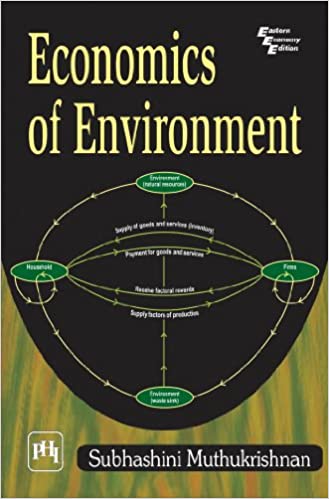
Economics of Environment, by Subhashini Muthukrishnan
This book has come out in a few editions due to its notoriety. Every new edition brings in even more comprehensive details, as well as updates noted in terms of environmental economics. It starts with an overview and digs deeper into details later on.
There are more concepts and theories that are clearly explained in the book. The author has also described how they actually affect the environment and industry. Market failures, welfare and other environmental factors are also explained and considered.
The book goes even further and takes on the population dynamics based on the actual environment. Some of its top features include real life environmental issues, assignment topics for more practical knowledge and a glossary for less known terms.
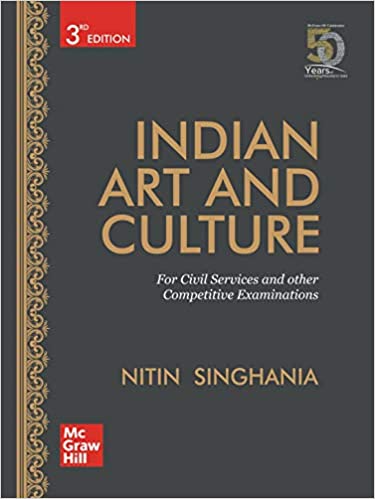
Indian Art and Culture for Civil Services and other Competitive Examinations, by Nitin Singhania
You just cannot go wrong with this book if you are interested in the UPSC. Released over a few different editions, the book provides deep and up-to-date details regarding Indian art in more form, architecture, music and paintings.
The book covers economics from a different approach and targets an aspect that many trainers overlook – art. Each chapter is ended with a few key questions, which will help students prepare better for their examinations.
There are four comprehensive sections and some new chapters on India, Jainism and Buddhism – some of them based on foreign travelers and their opinions. The book also links to a few videos for a better understanding – simply scar the QR codes you find through it.
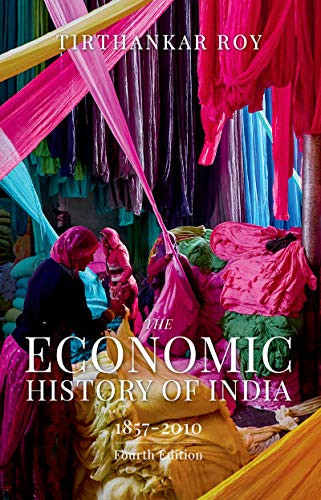
The Economic History of India, by Tirthankar Roy
This book is not suitable for those interested in the UPSC only, but also for students of different levels who need to get ready for their economics examinations. It is mostly aimed at undergraduate students of economics though.
Further editions are less likely to come out because the book is well-detailed and does not cover the most recent history of India. Instead, it is focused on the economics around the country between 1857 and 1947, until the country became independent.
References in this book are well balanced and easy to understand. They mostly cover the topics for exams and tend to focus on the issues associated with the colonial Indian history – a must-have for every economics student out there.
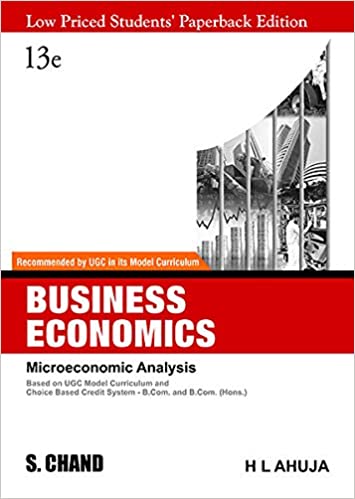
Business Economics LPSPE, by HL Ahuja
This book is focused on helping students understand the concepts associated with the business. It is one of the best economics books for UPSC if you need something based on the essential principles in business life. It is well-detailed and can become quite difficult to understand at times.
While it covers the foundation of business economics, the author has mostly aimed at defining demand analysis and the consumer behavior – two of the main things to learn about in economics. However, as you go from one chapter to another, you will realize that the guide will train you for pretty much anything.
Simply put, you will learn about product prices, market structures, factors defining prices, income distribution and so on. At last, the student is taken through capital budgeting. It is well written and features a collaborative approach to deliver based on the curriculum.
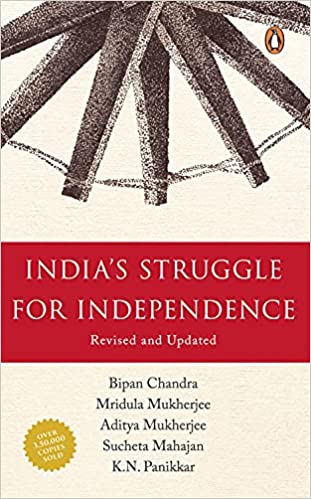
India’s Struggle for Independence, by Bipan Chandra
Bipan Chandra has relied on more contributors to complete this book – from Mridula Mukherjee to Sucheta Mahajan – and the final result is definitely worth some attention. It is one of the most comprehensive books of the economic times prior to the independence.
The book is not an amalgam of facts, but a comprehensive study – probably the first of this kind. It describes the struggle both at a collective level and an individual level. It features an analytical approach to stimulate the reader to understand, rather than just memorize everything.
It will take readers through everything from 1857 to 1947. Furthermore, while these are nothing but myths and theories, the book ends with a few predictions regarding the economic future of the country.
Conclusion
In the end, these are some of the most detailed and best economics books for UPSC. These are not the type of books that overwhelm readers with facts and numbers, but practical books that will stimulate students to think and see things from a logical point of view.
